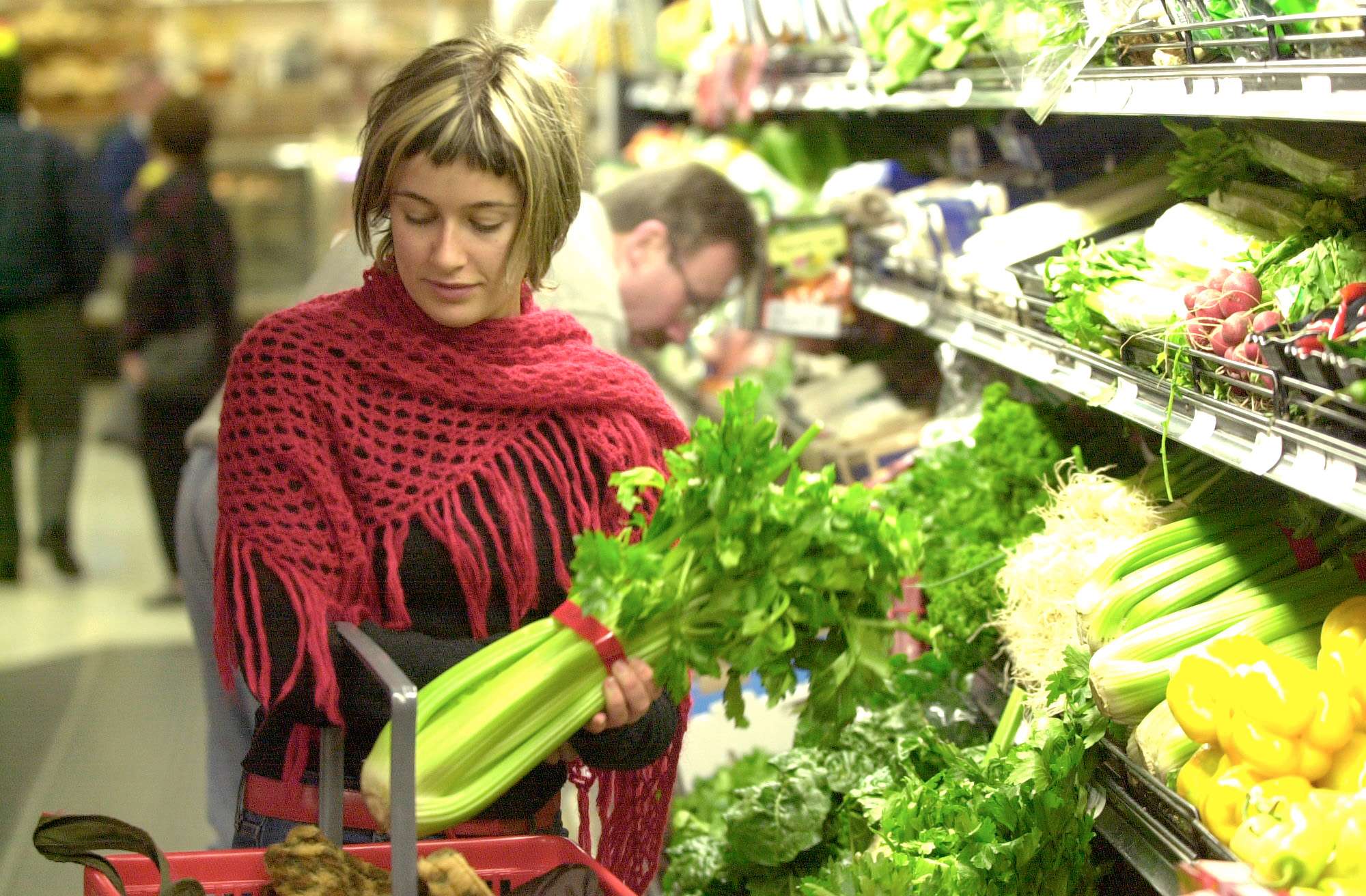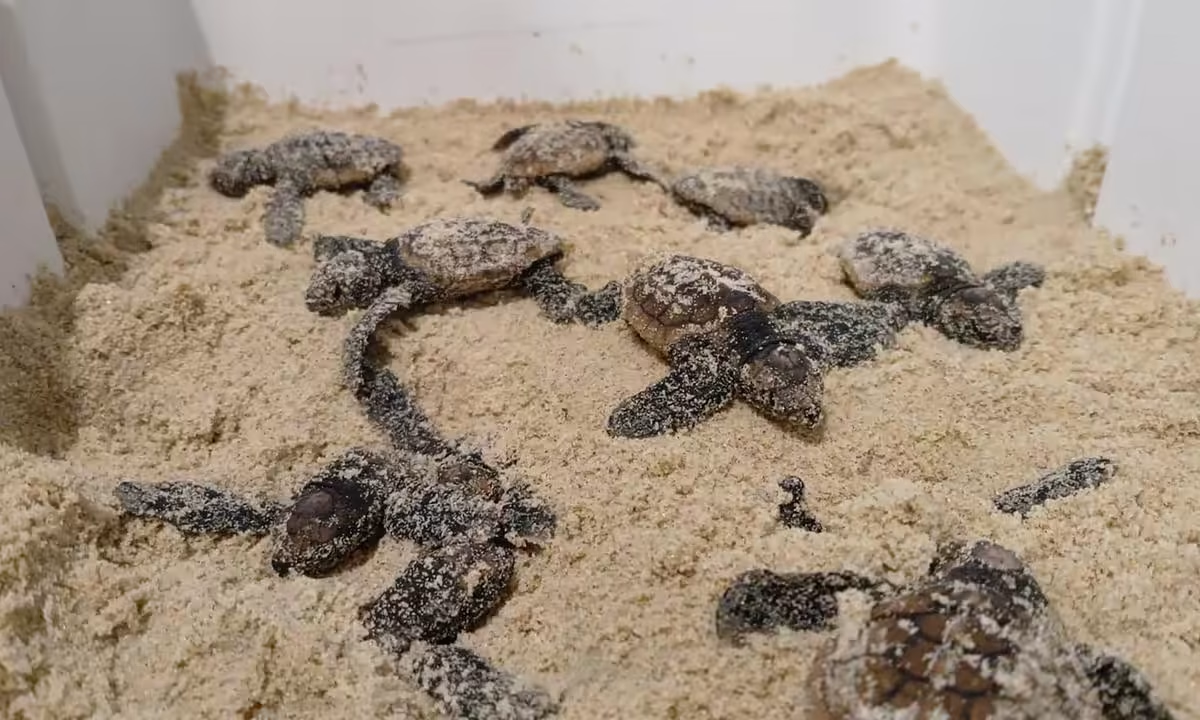
Australian families are forking out $155 more per year to purchase unpackaged fruit and vegetables, with supermarkets charging less for plastic-wrapped produce.
The Australian Marine Conservation Society on Thursday launched its second review of supermarkets’ plastic use.
It found loose fruit and vegetables are often more expensive than plastic-wrapped produce, with loose potatoes costing 53 per cent more than bagged ones.
In total, buying loose produce costs the average family $155 more a year, according to the data.
Woolworths was charging more for unpackaged fresh produce in 77 per cent of cases, higher than the overall supermarket average of 73 per cent.
Plastic pollution is a environmental crisis, polluting oceans and waterways, killing marine life and impacting human health, the society’s Cip Hamilton said.
“Recent research shows that as plastic production increases, so does plastic pollution,” she said.
“Supermarkets are a big contributor to the plastic problem, but they are not doing enough to cut plastic packaging and achieve the national packaging reductions targets they have supported.
“What is really disappointing is that Woolworths, Coles and Aldi are charging more for loose fruit and vegetables than plastic wrapped produce more than 70 per cent of the time, and sometimes the price difference is startling.”
A Woolworths spokeswoman said the supermarket had removed more than 1.6 million kg of virgin plastic from its own-brand range since 2018 and an average of 51 per cent of all of the packaging it could control was recycled content.
Much of its fruit and veg is sold loose, but some items are packaged to offer customers cheaper produce in bulk or extend shelf life.
“We know there is still more to do, and we will continue to publish our packaging data to hold ourselves accountable for our progress, while encouraging our suppliers to do the same,” the spokeswoman said.
A Coles spokeswoman said pre-packaged fresh produce, in general, was smaller in size, giving customers more choice and allowing growers to use a larger percentage of their crop.
Since 2021, more than 500 million pieces of plastic has been removed from Coles brand products and the supermarket is currently trialling cardboard boxes at select stores to encourage customers to purchase loose fruit and vegetables.
“We continue to make improvements to our packaging in order to reduce unnecessary plastic packaging,” she said.
Aldi were contacted for comment.
Who can be trusted?
In a world of spin and confusion, there’s never been a more important time to support independent journalism in Canberra.
If you trust our work online and want to enforce the power of independent voices, I invite you to make a small contribution.
Every dollar of support is invested back into our journalism to help keep citynews.com.au strong and free.
Thank you,
Ian Meikle, editor









Leave a Reply